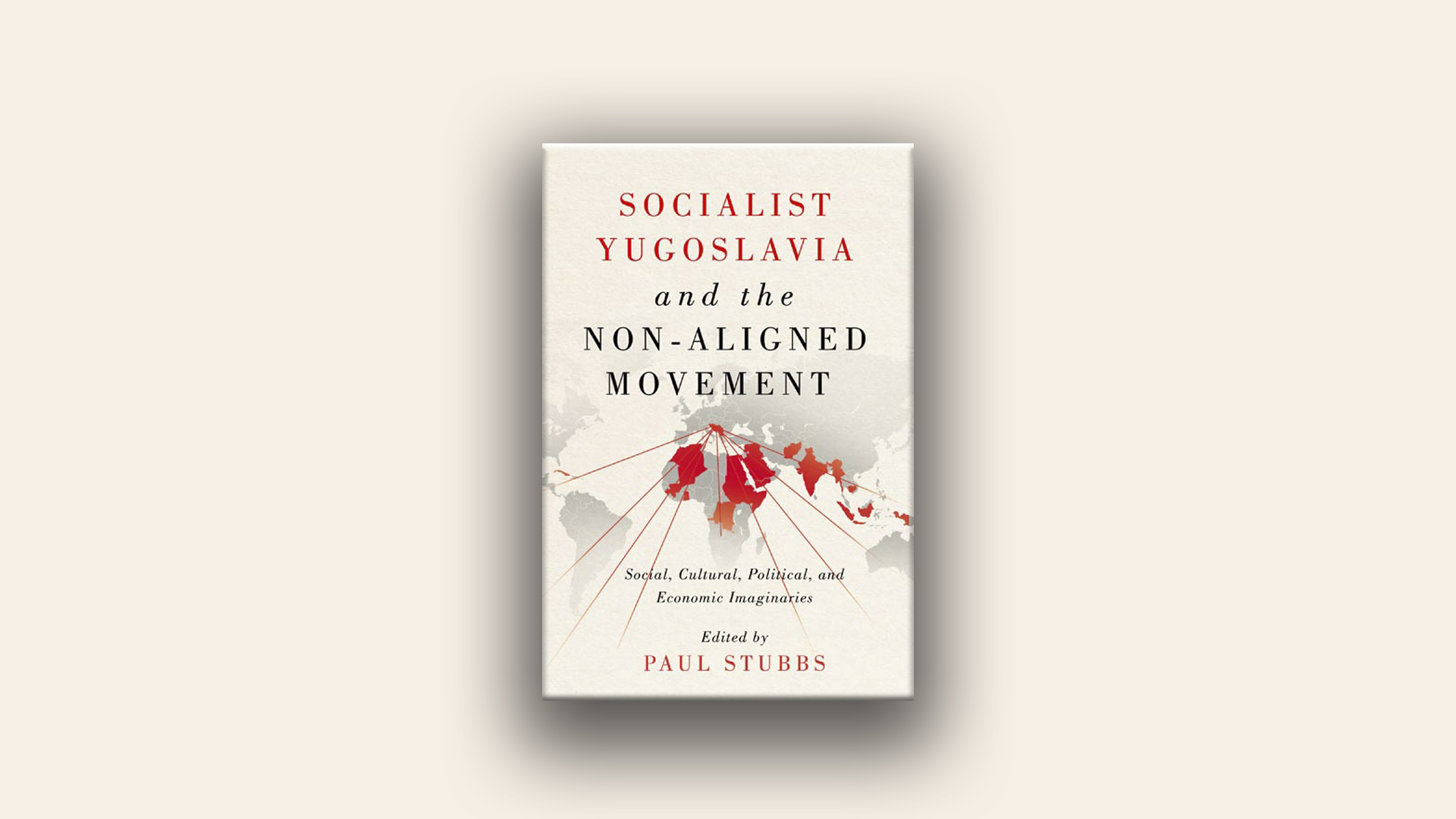
Paul Stubbs: We need to reconnect with progressive internationalism
British academic talks the contradictions of the Yugoslav-led Non-Alignment.
|29.11.2022
|
We need to think about the deep structural violence that happened to Albanians in socialist Yugoslavia.
Large numbers of students came from the Global South to Yugoslavia, but Yugoslav students didn't study in the Global South.
Pan-Albanianism, is that so different from Pan-Africanism as a body of thought, a politico-ideological orientation?
In the 1990s, if you were left wing in Croatia, you either were silent, or you were silenced.

Lirika Demiri
Lirika Demiri is a former journalist at K2.0. She holds a BA in sociology from the University of Prishtina and an MA in Women's, Gender and Sexuality Studies from The Ohio State University, U.S.
This story was originally written in English.